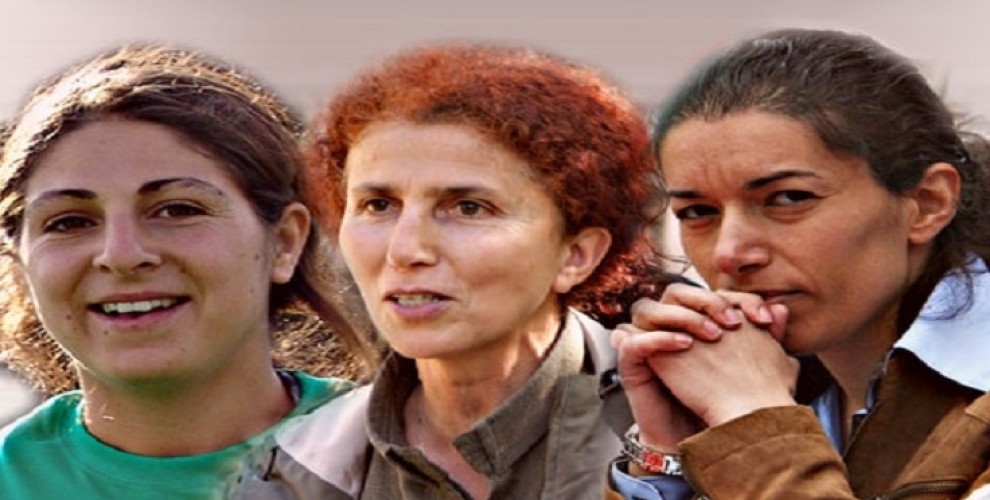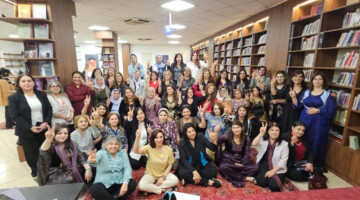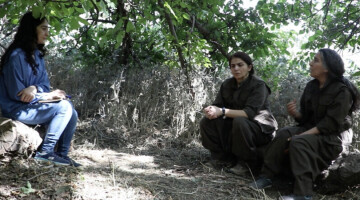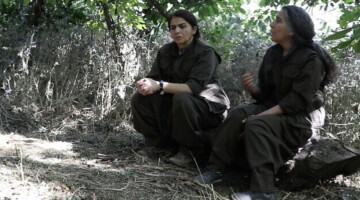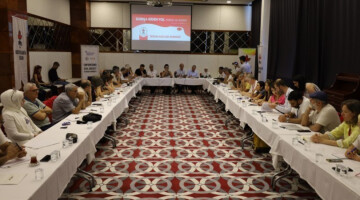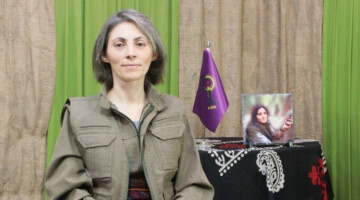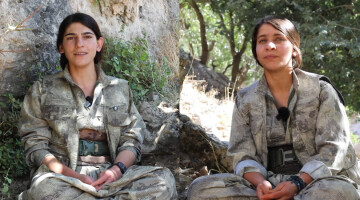Investigation into the murder in Paris of Sakine Cansız, Fidan Doğan and Leyla Şaylemez has reopened upon the appeal of lawyers.
On January 9, 2013, PKK (Kurdistan Workers' Party) founding member Sakine Cansız (Sara), KNK (Kurdistan National Congress) Paris representative Fidan Doğan (Rojbin) and Kurdish Youth Movement member Leyla Şaylemez (Ronahi) were executed with three bullets to their heads in the hear of French capital Paris.
The only arrested suspect in the case, hitman Ömer Güney, died on December 17, 2016 under suspicious conditions. According to the suspect’s lawyers, Güney died of a lung infection. It was also said that the suspect had a brain condition, but there were no statements up to date that his health was getting worse. There is no official statement on the cause of death yet. But this death happened just weeks before the trial was scheduled to start. The trial was supposed to start on January 23.
In late January, lawyers for families of the three Kurdish women were notified that the case against Ömer Güney, due to be held at Paris Heavy Penal Court, was closed due to the death of the sole suspect.
In the investigation file of the case, it was stated that murder suspect Ömer Güney might have perpetrated the triple murder on instructions from an outside structure that extended to Turkish intelligence MİT, and that the case did not progress as Turkey did not provide any information as to whether Güney committed the murders with a direct order from MİT or in relation with a group within MİT.
On the other hand, lawyers for Cansız, Doğan and Şaylemez families stated after Güney's death that the case mustn't be limited with the sole suspect who died short before the scheduled hearing. Calling attention to the explicit involvement of the Turkish intelligence in the killings, lawyers defended that it would be misleading to handle the case over Ömer Güney alone.
In a statement after Güney's death, Comte said: “Yes, Ömer Güney is dead. But this needs to be understood: There are accomplices and those who ordered the murder on a political level in the casefile. There are serious elements in the casefile that show the Turkish state as the party to give the order. Wherever these people are, they should answer to French justice. We have the names of those involved in the incident. The French prosecution clearly accused the Turkish intelligence services. It was the first time that a state was shown as a murder suspect in a political murder.”
In February 2017, families of three Kurdish women filed charges for the case to be reopened. The families expected to ensure the identification and trial of the people who ordered the executions, i.e. the co-conspirators of the killings.
According to an AFP report, a new investigation has been opened into the murder of three Kurdish women after the closure of the case in January, against which families had appealed.
The report states that the investigation has been launched by an anti-terror prosecutor and will be carried out by Anti-Terrorism Sub-Directorate (SDAT).
The AFP report also quotes families' lawyer Antoine Comte as saying that the reopening of the investigation is a great consolation for the families.

